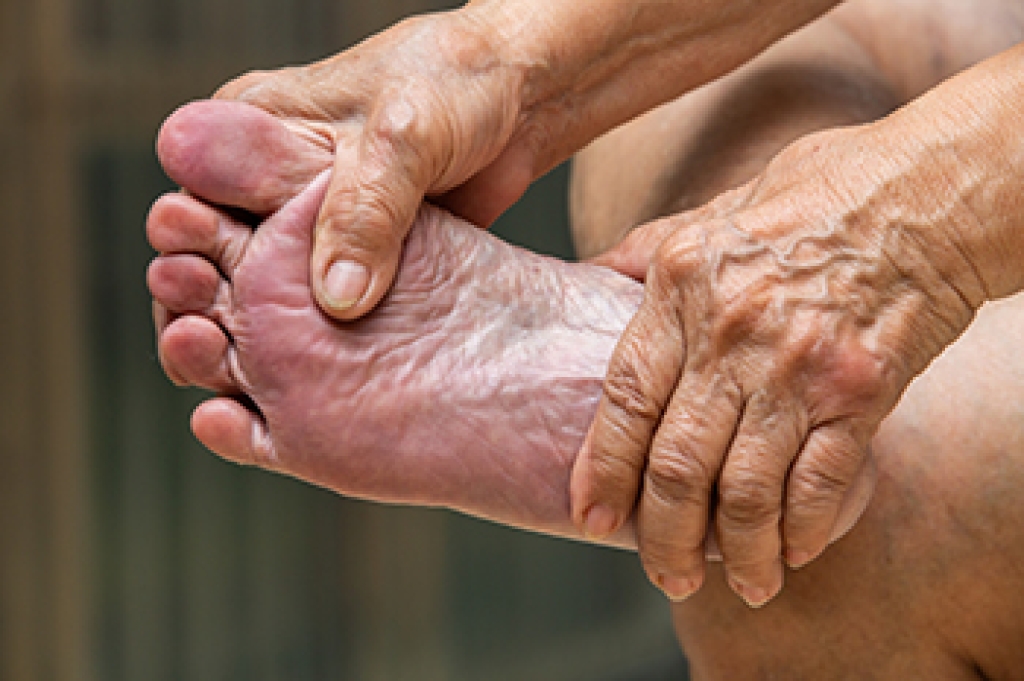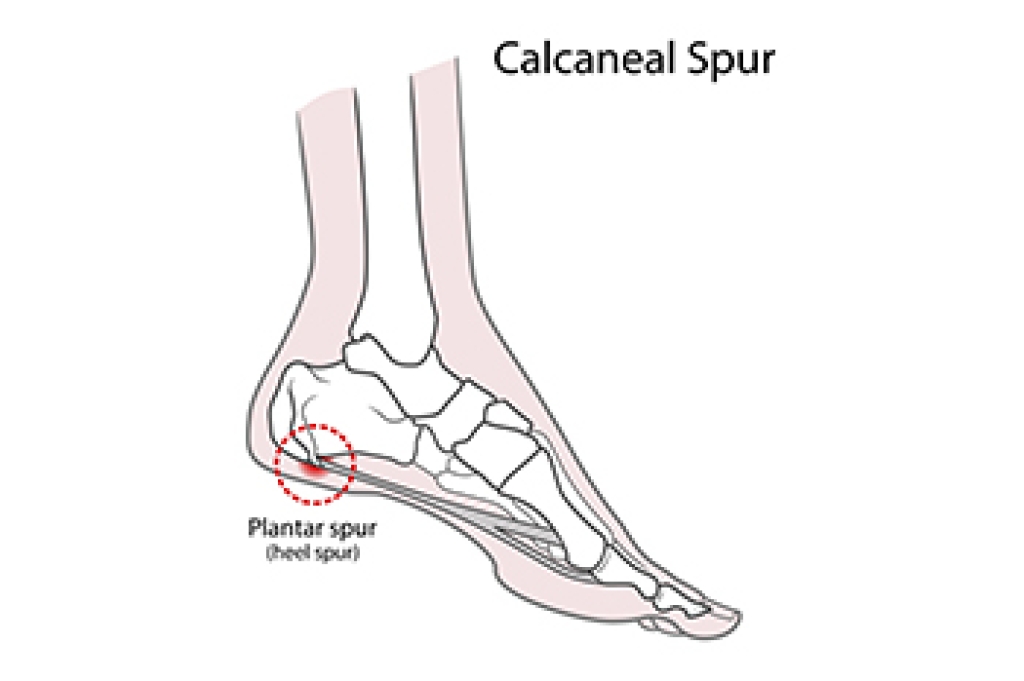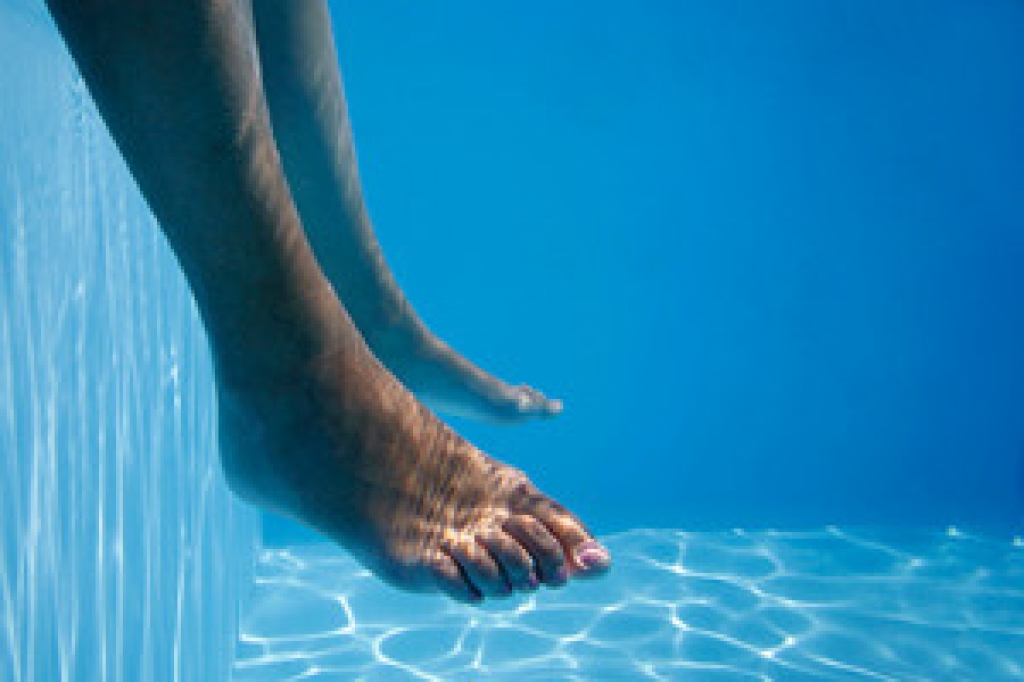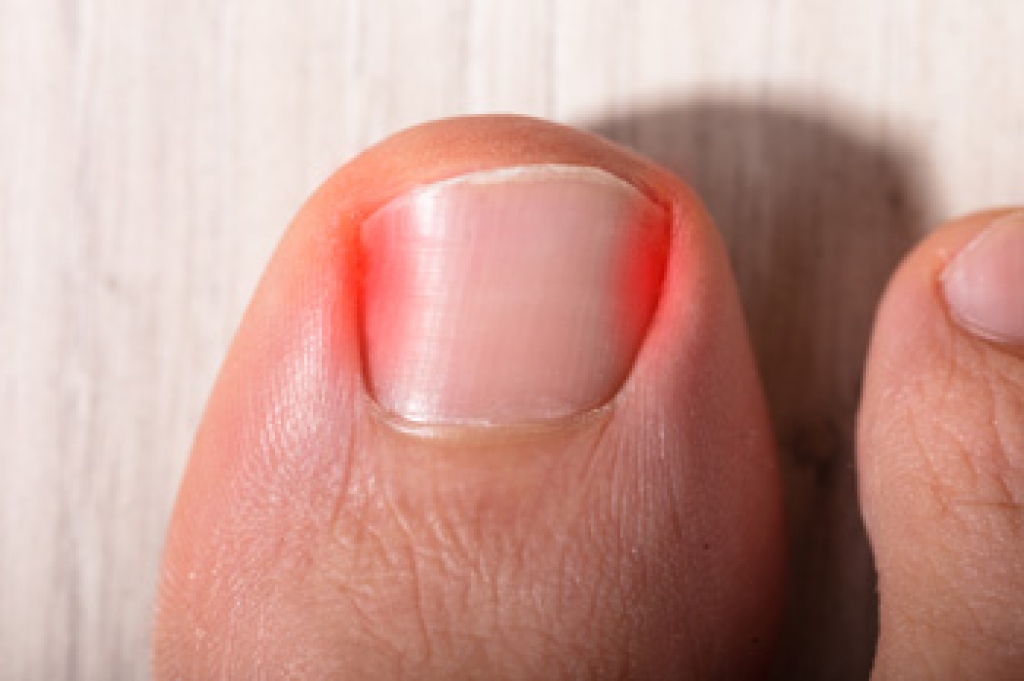
As people age, several common foot problems may develop due to natural changes in skin, circulation, and joint health. One significant change is that the fat pads on the feet become thinner, reducing cushioning and increasing sensitivity to pressure. This can lead to discomfort, calluses, and a higher risk of skin breakdown. Protecting elderly feet involves staying active to promote circulation and mobility, inspecting feet daily for cuts or changes, using moisturizer to prevent dryness, and wearing shoes that fit well and provide proper support. These habits help maintain comfort and reduce complications. A podiatrist can assess foot health, manage existing concerns, and recommend preventive care. If you have foot pain, it is suggested that you consult a podiatrist who can treat various foot and ankle conditions, and guide you on additional elderly foot care tips.
If you need your feet checked, contact one of our podiatrists of Footcare Now. Our doctors will attend to all of your foot and ankle needs and provide you with quality treatment.
Geriatrics and Podiatry
When people age, some common issues that may occur are bone density loss, dry skin, poor circulation, and rough brittle nails. These issues may also affect your foot health if the necessary steps are not taken to alleviate the problems.
It is important to take care of your feet because feet that are injured or diseased can affect your overall health. Having painful feet hinders your ability to do daily activities or may decrease your willingness to do the things that you need to do.
Visiting Your Geriatrician
As we age, health problems become more likely, so it is essential to visit your doctor for check-ups to ensure that you are doing the best you can to take care of your health. It is recommended to check your feet frequently for any possible cuts, bruises, swelling, corns or any other irregularities.
Taking Care of Elderly Feet
Cracked or dry feet can be treated by applying moisturizer often. It is also important not to wear old socks because the older the sock is, the higher the possibility there will be that there is bacteria there. Wear fresh socks and make sure they fit properly.
Proper foot health means that you can have a more active lifestyle and you will not be bogged down by pain. Foot health also leads to good circulation, which is paramount for overall health.
If you have any questions, please feel free to contact our offices located in Elmhurst Jackson Heights, Astoria, Rego Park, and Forest Hills, NY . We offer the newest diagnostic and treatment technologies for all your foot care needs.




